Looking forward to your trip but worried about being too tired and uncomfortable to have fun? Try these tips for ensuring you travel safely whilst pregnant.
Can I have travel vaccinations when I’m pregnant?
The best rule is simply not to travel during your pregnancy to countries where vaccinations are needed. If you are going somewhere that requires travel vaccinations, see your doctor. Your doctor will know which ones you need for the country you are visiting and which ones are safe during pregnancy.
If you are trying to get pregnant and plan to travel abroad, get vaccinated at least four weeks before you conceive
Travel Tips
Thinking ahead and planning your journey will definitely help! Allow yourself plenty of time to travel, and then a bit more for delays, getting lost, traffic jams, extra stops for the toilet and so on. That way you won’t be worrying about missing your plane train or ferry and rushing when you get there.
Expect to be delayed! Treat long queues or delayed flights as an extra chance to listen to music on your headphones or read a magazine.
Make you have snacks with you and plenty of water and wear loose comfortable clothing for the journey.
Travelling by air
Check with your carrier (sea or air) because they can and will refuse to allow you to travel if they consider it’s not safe.
Although most forms of transport are completely safe, there are a number of things to consider when travelling when pregnant.
Doctors may recommend you do not fly in the first three months of pregnancy if you have excessive morning sickness or there is a threat of miscarriage. Additionally, you should not fly in the last two months if you have raised blood pressure or an increased risk of premature labour.
In any case, most airlines will not allow you to travel after 36 weeks. Travelling by air can be quite cramped. Ask the airline in advance about any options that may be available to make your trip more comfortable.
During the flight be aware that you are more at risk of Deep Vein Thrombosis where a potentially fatal blood clot forms in the veins particularly in the legs. To minimise this risk, wear DVT socks, walk around every so often, wear comfortable shoes and avoid tight clothing and drink plenty of water and fruit juice to keep yourself hydrated.
Travelling by sea
Don’t forget as well that most ferry companies have similar clauses as to when it is safe to travel dependent on whether it is a short trip or longer.
Travelling by rail
There are no restrictions for travelling by rail, even on the Eurostar.
If you do travel abroad when you’re pregnant, you’d be advised to take a certain number of precautions just to make sure things go smoothly.
Get a European Health Insurance Card
The EHIC covers you for routine medical care in all EU countries. It’s easy to apply for this card on-line. However it won’t cover you for any specialist care or if you have any complications and have to be bought home.
Get travel insurance to cover pregnancy
If you’re going anywhere outside the European Union, even in the early stages of pregnancy, it’s also really important to read the small print. Not all travel insurance policies are the same and many will find a get out clause if you have a problem when you are pregnant
How can I eat properly when I’m away?
Healthy meals and plenty of water are essential for you and your growing baby. Fruit and vegetables will help you avoid constipation, which can be a problem on holiday because of the heat and the change of routine and eating habits
When you’re pregnant and far from home, the last thing you want is to be ill. Dirty water is one of the main causes of health problems for travellers, and the problem with water is that it looks clean. Drinking water is generally safe in developed areas such as mainland Europe and America, but don’t drink it if you are unsure.
The best way to ensure water is safe is to buy bottled water and drink it within three days of opening. Boiled water and drinks made using boiling water are also safe to drink.
If you’re not sure whether bottled water is safe, buy fizzy water. You can be sure it isn’t from the tap.
Unless you know the drinking water is clean, don’t have ice in your drinks as it will have been made from tap water.
Also steer clear of and food that might have been prepared or made with tap water:
• uncooked fruit and vegetables unless you can peel them yourself
• local fruit juices and ice creams
• salads
Don’t use the tap water to clean your teeth either, or to rinse your contact lenses.
Just because could you are on holiday don’t forget about the advice on what to eat and what not to eat when you are pregnant. Try and eat regular small meals with plenty of fruit and vegetables. Avoid foods such as unpasteurised dairy products, pate, liver shark swordfish or marlin and undercooked eggs.
What if Labour starts or I am unwell?
Pregnant women are advised to make sure they carry their pregnancy notes with them and being on holiday is no exception. It would be useful to find out the nearest hospitals to your holiday destination just in case you need to go to hospital for any reason. Your notes will give the health professionals a detailed record of your pregnancy and will help them care for you.
Having followed these safety tips enjoy the rest and relaxation…you deserve it !

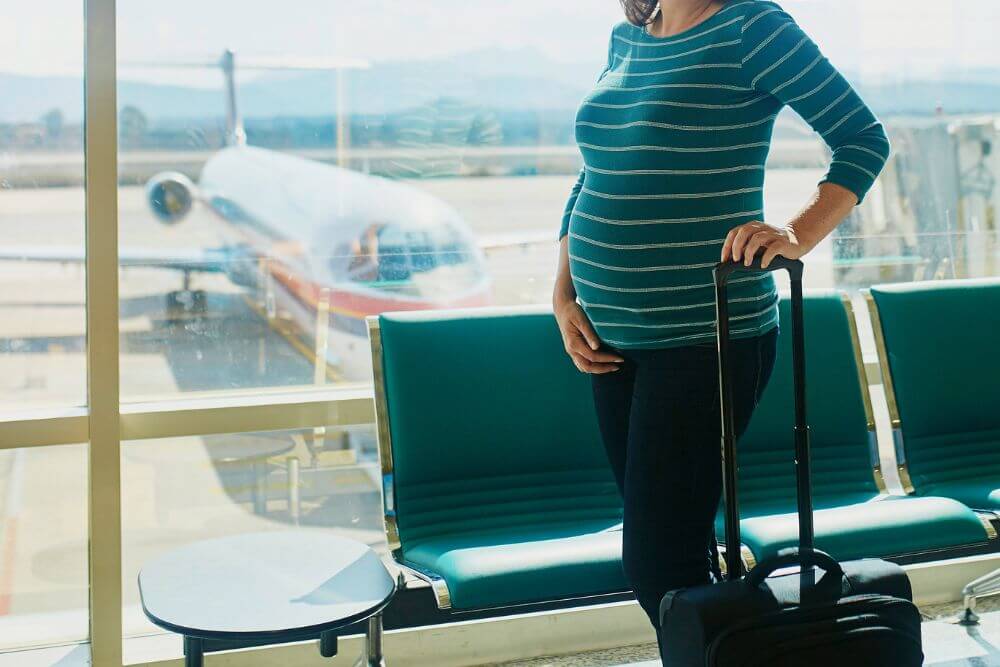






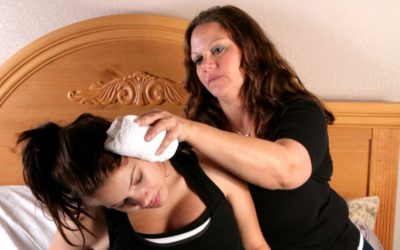
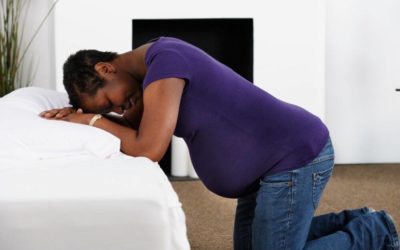
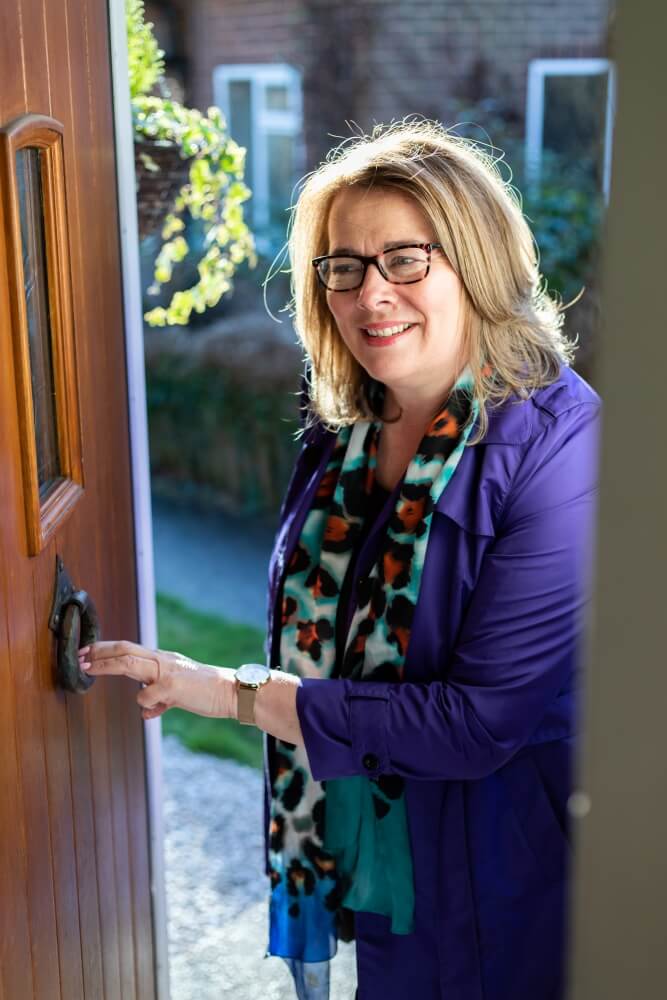
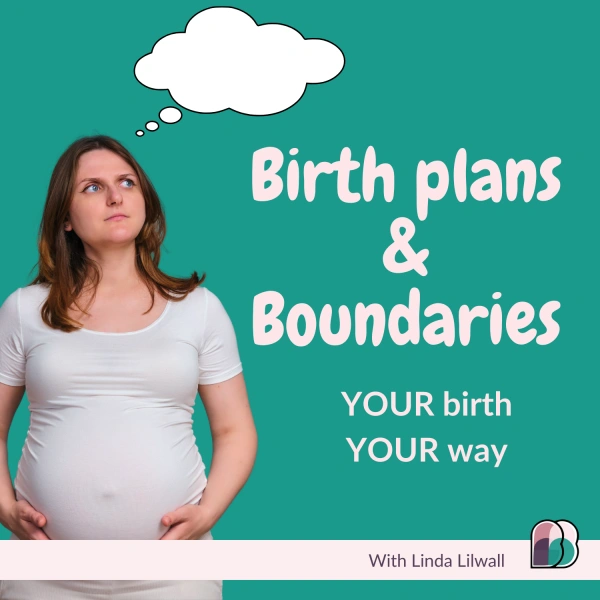
0 Comments